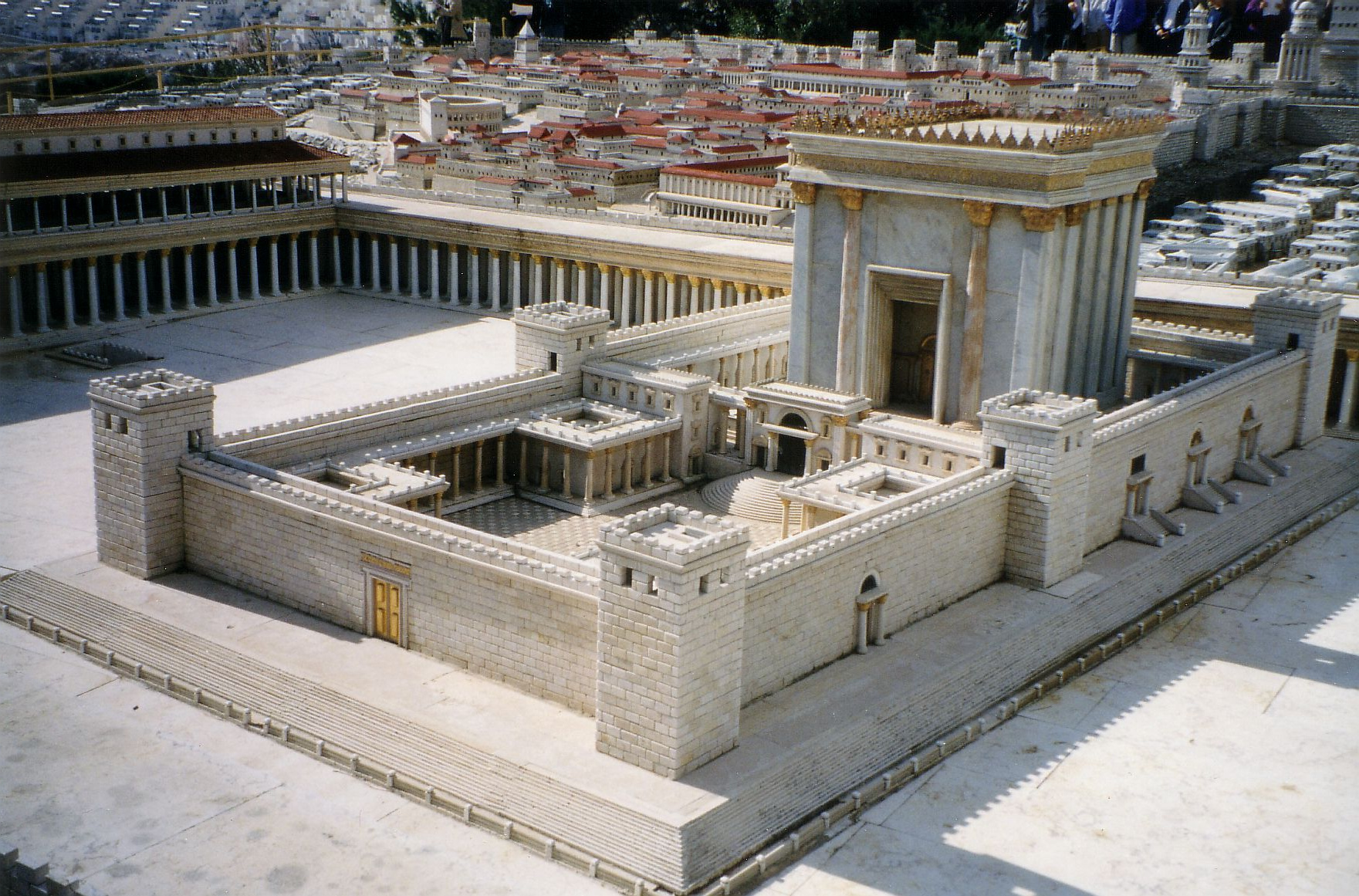Some groups within Christianity have been persuaded to think that certain instructions within the Torah or practices of Judaism now reflect present conditions of Church tradition by way of an evolution of sorts, e.g. Sunday as the Lord's day in place of Israel's seventh day Sabbath.
The question needing to be asked is,
"what makes some Christians think that the Temple, called The House [of the Lord] in the Scriptures - where God’s glory rested - is equivalent to a present day meeting facility which many wrongly equate and call (a) church?"
This is not biblical definition for more than one reason, but what is particularly peculiar regarding this paradigm is that the majority of protestant Christendom is under the impression that God’s people are his new habitation (instead of a building made by human hands, cf. Eph. 2.21-22).
I am not disputing this within NT metaphor, although I think it can be - and at times has been - taken too far. If this is indeed the case (God's presence resting in and upon believers), then why do some Christians stress going to worship the Lord somewhere as if it was equivalent to the Temple service to the God of Israel?
It can't be both ways. God’s presence does not dwell in masonry or stick frame nineteenth, twentieth, or even twenty-first century structures. Psalm 122 is far too frequently and anachronistically quoted as proof of this phenomenon:
"I was glad when they said to me, 'Let us go to the house of the LORD.'"
The context is flippantly abandoned as if this passage was intended to communicate going to the Lord’s house, in modern vernacular meaning, the “institutional church meeting house.”
"I was glad when they said to me, 'Let us go to the house of the LORD.'"
The context is flippantly abandoned as if this passage was intended to communicate going to the Lord’s house, in modern vernacular meaning, the “institutional church meeting house.”
It does not, nor ever did mean this. If the people of God as a community - the new Israel - are the new temple (which is mobile anyway), why do some insist that one need go anywhere to worship? If God’s presence is in a building, it is only because God’s people are present (outside of being omnipresent of course). (“Where two or three are gathered in my name” is not what this implies). Just as a side note, worship and gathering with the saints are not synonymous, although worship is often the natural outcome when the saints gather.
Context. Context. Context.
Context. Context. Context.



No comments:
Post a Comment